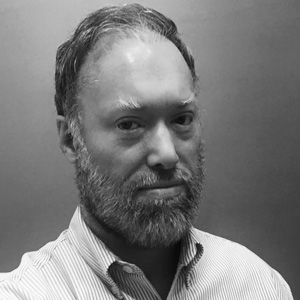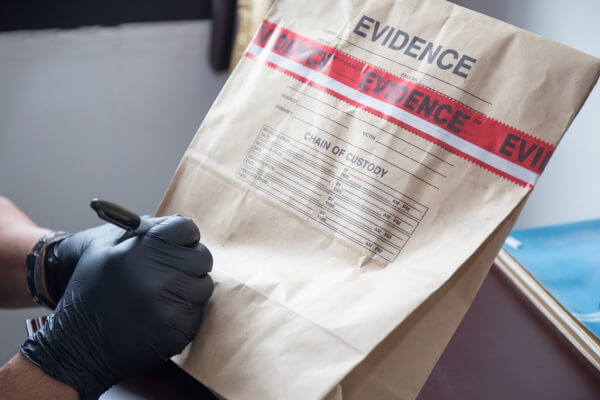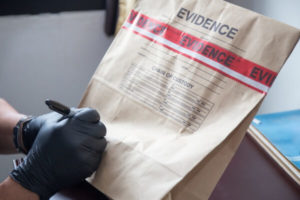In general, the South Carolina Constitution and the Fourth Amendment of the US Constitution requires that law enforcement obtain a warrant from a judge in order to conduct a search. If there’s a question about the validity of the warrant or if evidence is seized in the absence of a warrant, then the seized evidence must be excluded from trial, such as in State v. Weaver, 374 S.C. 313 (S.Car. Sup. Court 2007). In order to have the evidence excluded, your aggressive and proven criminal defense attorney will file what is called a Motion To Suppress and will thereafter conduct what is called a Suppression Hearing.
Greenville Criminal Defense: Legal Background — the Exclusionary Rule
Neither the South Carolina Constitution nor the Fourth Amendment provide a remedy — or punishment — if the police violate the warrant requirement.
However, the courts have created a remedy called the “exclusionary rule.” The purpose of the rule is to deter future violations by law enforcement. The exclusionary rule says that, if the police collect certain evidence in violation of the constitutional rights of the defendant, then such evidence will be excluded from the trial. The exclusionary rule applies to any and all violations of constitutional rights, not just to improper and/or warrantless searches. Some examples include:
- Chain of custody errors
- Failure to provide Miranda warnings
- Failure to provide counsel
- Improperly obtained “consent”
- Lack of probable cause or reasonable suspicion
- Errors with respect to lineup/eyewitness identification procedures
Greenville Criminal Defense: What Is a Suppression Hearing?
As noted above, criminal defense lawyers raise exclusionary rule issues by filing a Motion To Suppress which entitles the accused to an evidentiary hearing on the motion. As part of the motion, defense counsel will provide a statement of facts that detail how the accused’s constitutional rights were violated and what evidence should be excluded. Often a sworn affidavit is necessary but a competent defense counsel will avoid using an affidavit from the accused to avoid providing the prosecuting attorney with any additional statements that might be used at trial. However, sometimes an affidavit from the accused is necessary. In response, the prosecutor files a written brief arguing why the evidence should not be excluded. Thereafter, the court will hold a suppression hearing.
The suppression hearing is a formal proceeding where the judge will accept evidence (such as tangible objects, affidavits, documents and witness testimony). No jury is present. At the hearing, defense counsel presents the accumulated evidence and argues the case law before the judge. In general, this is an expanded, more formal presentation of the facts set forth in the Motion. Witness testimony is taken with the various attorneys conducting direct and cross examinations. The suppression hearing is a short proceeding limited to the issues raised in the motion — in other words, NOT a full trial where all the evidence and issues are presented.
In general, the prosecution has the burden of showing that the evidence sought to be used was lawfully obtained.
At the end, the judge will consider the “totality of the circumstances” and will make a decision. If the judge agrees that the accused’s rights were violated, the evidence will be suppressed and the prosecutors will not be allowed to use that evidence at trial. Often, suppression of a key piece of evidence will make it impossible for the prosecution to win a conviction. If properly preserved, the court’s ruling may be grounds for appeal.
Greenville Criminal Defense: Contact The Law Office Of H. Chase Harbin Today
If you have been charged with a crime, contact proven Greenville criminal defense attorneys at The Law Office of H. Chase Harbin. We understand South Carolina law and understand your legal and constitutional rights as a defendant. We are committed to upholding your rights. Contact us today via email. We have offices in Greenville and Pickens, South Carolina.

Chase Harbin is a Criminal Defense Lawyer who practices in Pickens and Greenville, SC. He graduated from the University of South Carolina School of Law, and has been practicing law for 17 years now. Chase Harbin believes in defending the accused. Learn more about his experience by clicking here.


